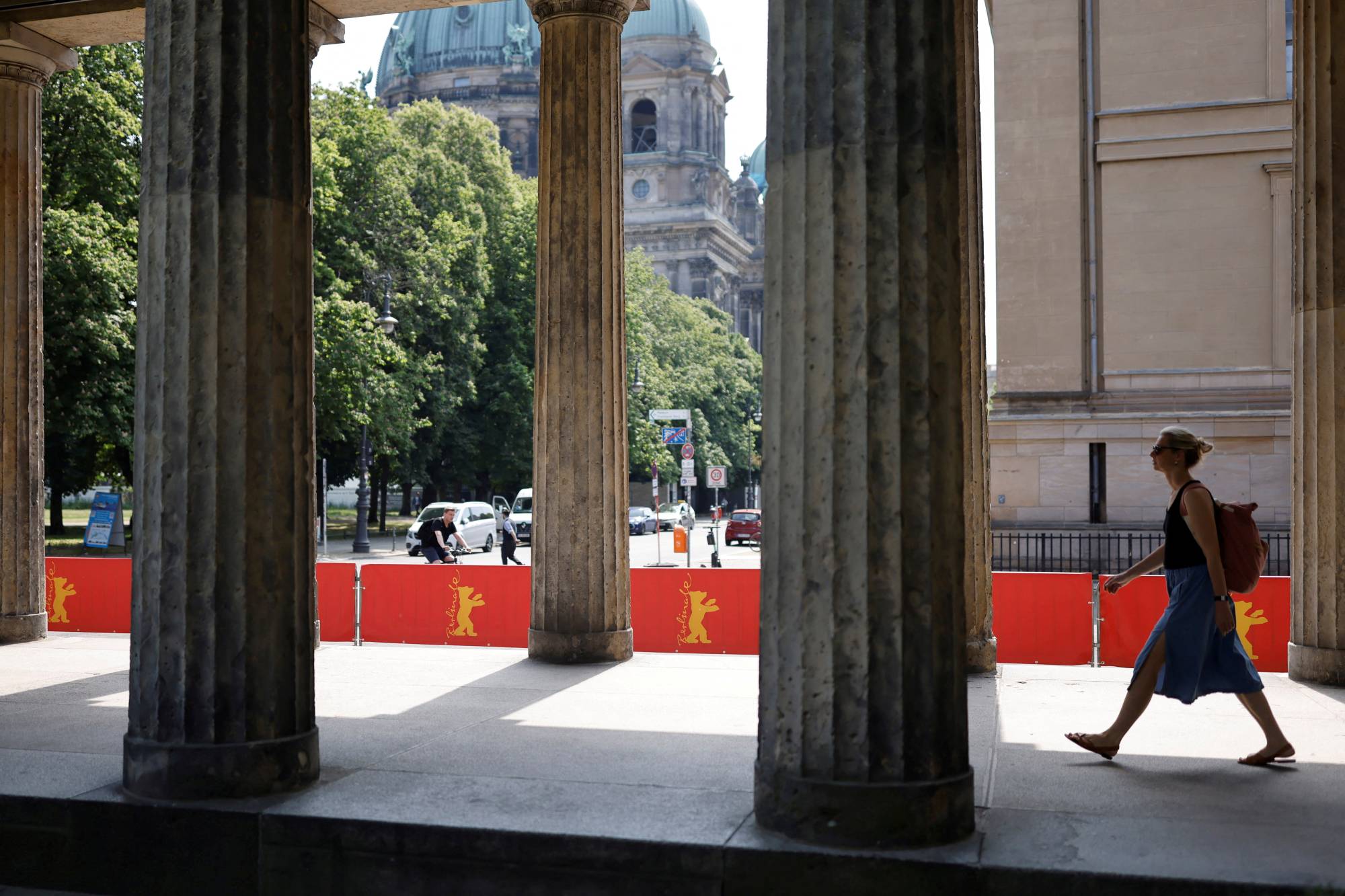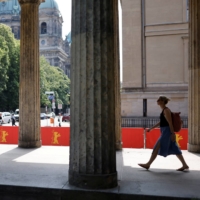The Berlin Film Festival will go ahead in person next month but will use only half the available seating capacity and require attendees to adhere to strict COVID-19 protocols, organizers said on Jan. 12.
With the omicron variant of the coronavirus spreading fast in Germany, the organizers of the Berlinale, as it is widely known, have been at pains to make the festival happen in a safe environment after it went online last year.
The Berlinale starts on Feb. 10, culminating in an awards ceremony on Feb. 16 where the Golden and Silver Bears will be handed out, meaning the festival will be slightly shorter than planned, organizers said in a statement. It normally runs for 10 about days.
For four days after that, festival films will be shown in cinemas around the capital in public screenings.
To allow social distancing, seating capacity in festival cinemas will be reduced by 50% and no parties or public events will be held, although there will be a pared back version of the red carpet at premiere cinemas, said the organizers.
Audiences will have to be vaccinated or recently recovered from a COVID-19 infection, show a recent negative test as well as wear a mask.
"We want the festival to send a signal to the entire film industry, to cinemas and moviegoers, and to culture as a whole. We need cinema, we need culture," said Claudia Roth, German minister for culture and media.
Germany reported 80,430 new coronavirus infections on Wednesday, the highest recorded in a single day since the start of the pandemic, and more than 114,000 people have died with COVID-19.
Last week, the Robert Koch Institute for infectious diseases said Omicron accounted for 44% of coronavirus infections in Germany, where rules were tightened for restaurant and bar visits.


















With your current subscription plan you can comment on stories. However, before writing your first comment, please create a display name in the Profile section of your subscriber account page.